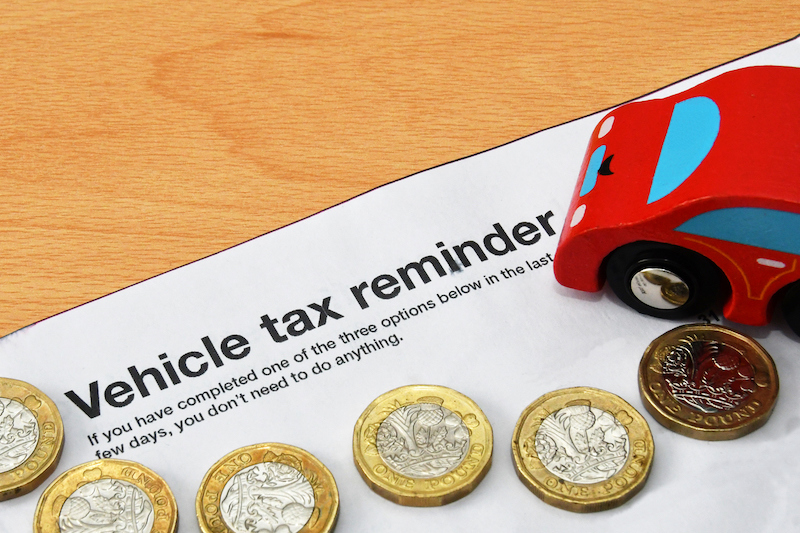Car tax change could hit drivers with higher fees

VED applies to anyone who drives or parks on public roads
A Vehicle Excise Duty (VED) update could see drivers hit with ‘significantly higher’ fees this year.
What is VED?
VED, also called car tax or road tax, is placed on vehicle owners to help fund road maintenance and public transport.
VED is calculated based on the CO2 output of your vehicle. Vehicles that emit higher levels of CO2 cost more to tax. This has the aim of encouraging drivers to buy cleaner vehicles.
Cars registered between 1 March 2001 and 31 March 2017 are taxed based on their CO2 emissions, and cars registered after 1 April 2017 pay a first-year fee according to their emissions and then a standard rate every year after.
Electric vehicles are exempt from VED until 2025, although hybrid vehicles still have to pay.
Who will be affected by the latest change?
Starting 1 April 2024, VED is expected to rise by 6% to match inflation based on the Retail Price Index (RPI). Those with vehicles registered after 1 April 2017 will see a small increase of around £5-10 this year. However, this rise could jump to around £140 if their CO2 emissions are particularly high.
Cars registered between 1 March 2001 and 31 March 2017 are taxed based on emissions, so the increase in VED will affect them slightly differently.
2024 VED rates for cars registered 1 March 2001 – 31 March 2017
| VED band | CO2 emissions (g/km) | Annual rate |
| A | Up to 100 | £0 |
| B | 101-110 | £20 |
| C | 111-120 | £35 |
| D | 121-130 | £160 |
| E | 131-140 | £190 |
| F | 141-150 | £210 |
| G | 151-165 | £255 |
| H | 166-175 | £305 |
| I | 176-185 | £335 |
| J | 186-200 | £385 |
| K | 201-225 | £415 |
| L | 226-255 | £710 |
| M | More than 255 | £735 |
HMRC claims the rates will “remain unchanged in real terms” for motorists as the VED increase is in line with RPI.
Check out our blog to find out if you’re one of the millions eligible to receive a road tax rebate.


